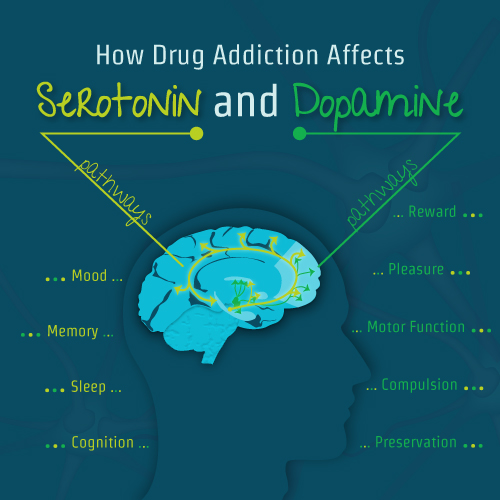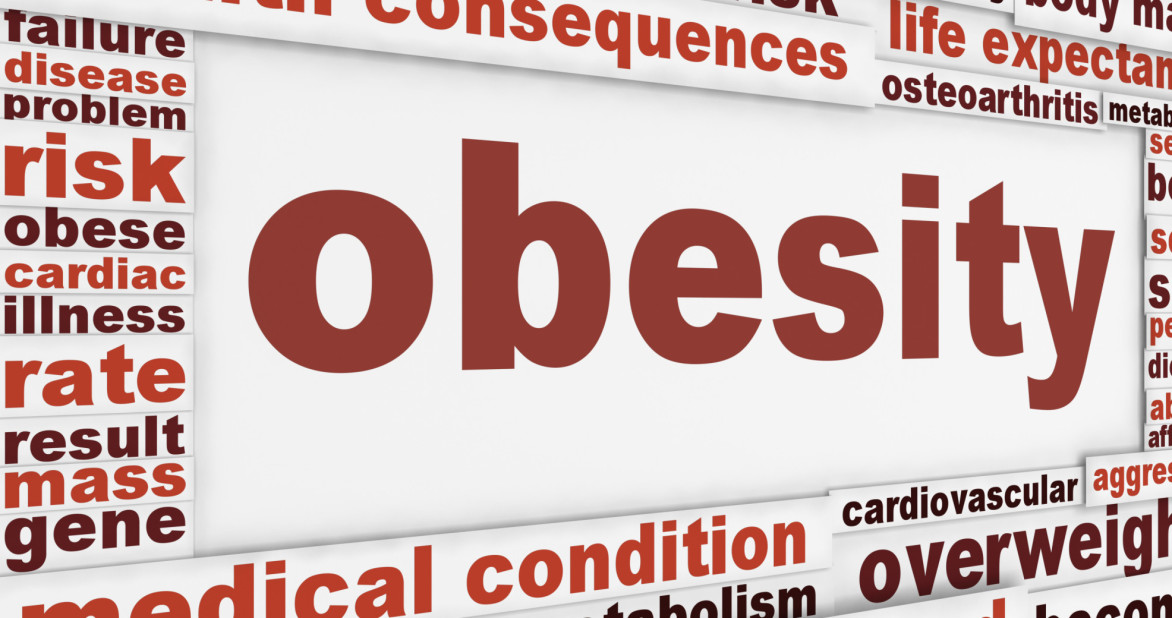Breaking obesity and stress cycle

Breaking obesity and stress cycle by way of exercising
Breaking obesity and stress cycle: Biochemical changes and health
Through the years, experts across the globe have been conducting research tailored at finding solutions about weight gain. A lot of ground has been covered and many are people enjoying the benefits. Nonetheless, a lot more still needs to be done and that is why experts at AWAREmed health and wellness resource center under the leadership of doctor Dalal Akoury MD are not sitting back but are breaking obesity and stress cycle for prosperity. Therefore, doctor Akoury advice that if we’re wired to seek out unhealthy foods when we are under stress, how do we avoid gaining weight when times get tough? The following can be helpful:
Don’t allow yourself to become too hungry – When you get irritated on an empty stomach you get a drop in your blood sugar. It’s very hard to think rationally when your blood sugar levels are that low you’ll be motivated to eat anything and to avoid this scenario, be sure you’re not skipping meals.
Keep portion size in mind – when people are stressed out they are likely to care less about what they are feeding on and to what quantity. It is important to note that smaller portions can help keep your total calorie intake under control.
Eat healthy snacks – it is advisable to take those snacks combine with protein and carbohydrates because the body digests them more slowly allowing you to feel for longer duration, for example, you may want to feed on almond butter and whole-grain crackers, or cheese and a piece of whole-grain bread but by all means avoid snacks high in fat and sugar.
Breaking obesity and stress cycle: Think about what you’re eating and deal with your stress
Often when people are really stressed, they tend to think that paying attention to their diet will cause more stress. Never forget that food is fuel for your body and your brain and when you eat well, you’re just fueling your body to fight stress besides, it may not be easy, but all the same you must find better ways of managing your stress for your overall health. You may choose trying yoga, tai chi, or meditation and in all these ensure regular exercise and avoid isolation desire spending time with friends, seek to counsel and reduce the number of stressors in your life. If you find yourself reaching for high-fat, sugary snacks when you’re feeling stressed, know that you’re not alone. Fortunately, though, you can break this cycle. Find ways to minimize stress in your life and focus on making better food choices. Stress may be a part of life, but it doesn’t have to lead you to weight gain.
Finally take note of what I have just said and I repeat “Stress may be a part of life, but it doesn’t have to lead to weight gain” The phenomenon of obesity being among chronic diseases makes Dr. Akoury be very resourceful for you. She will help you achieve optimal weight loss in the most natural way possible if only you can schedule an appointment with her today by calling her on telephone number 843 213 1480 for the commencement of your recovery process.
Breaking obesity and stress cycle: Biochemical changes and health
http://www.integrativeaddictionconference.com/wp-admin







